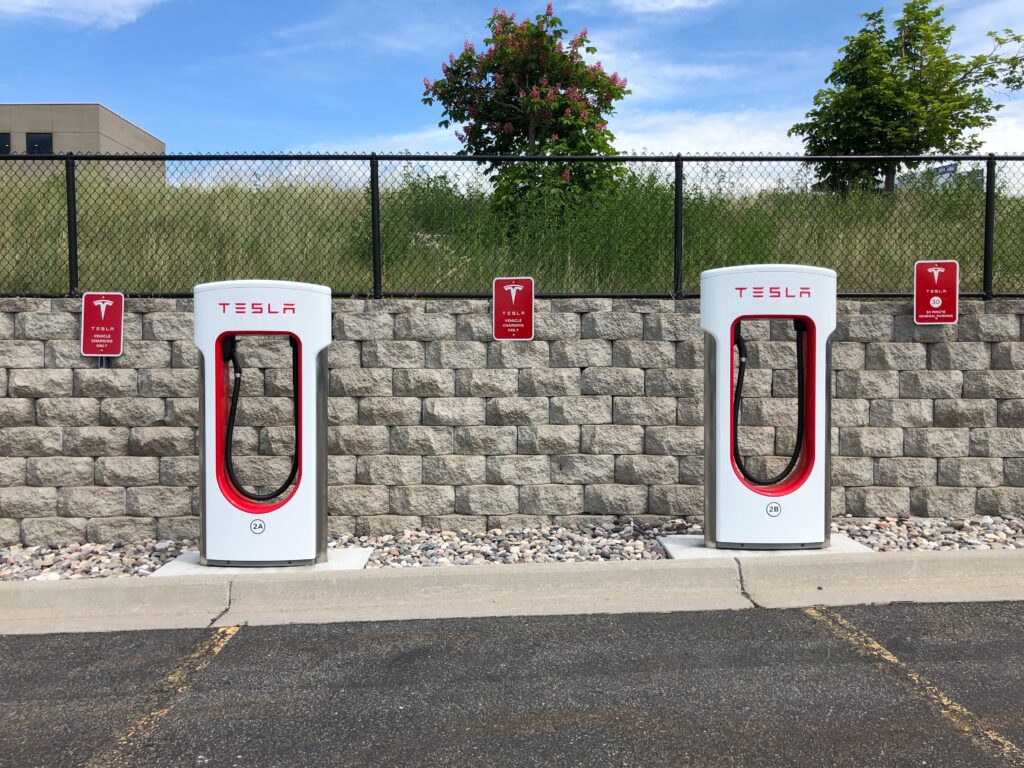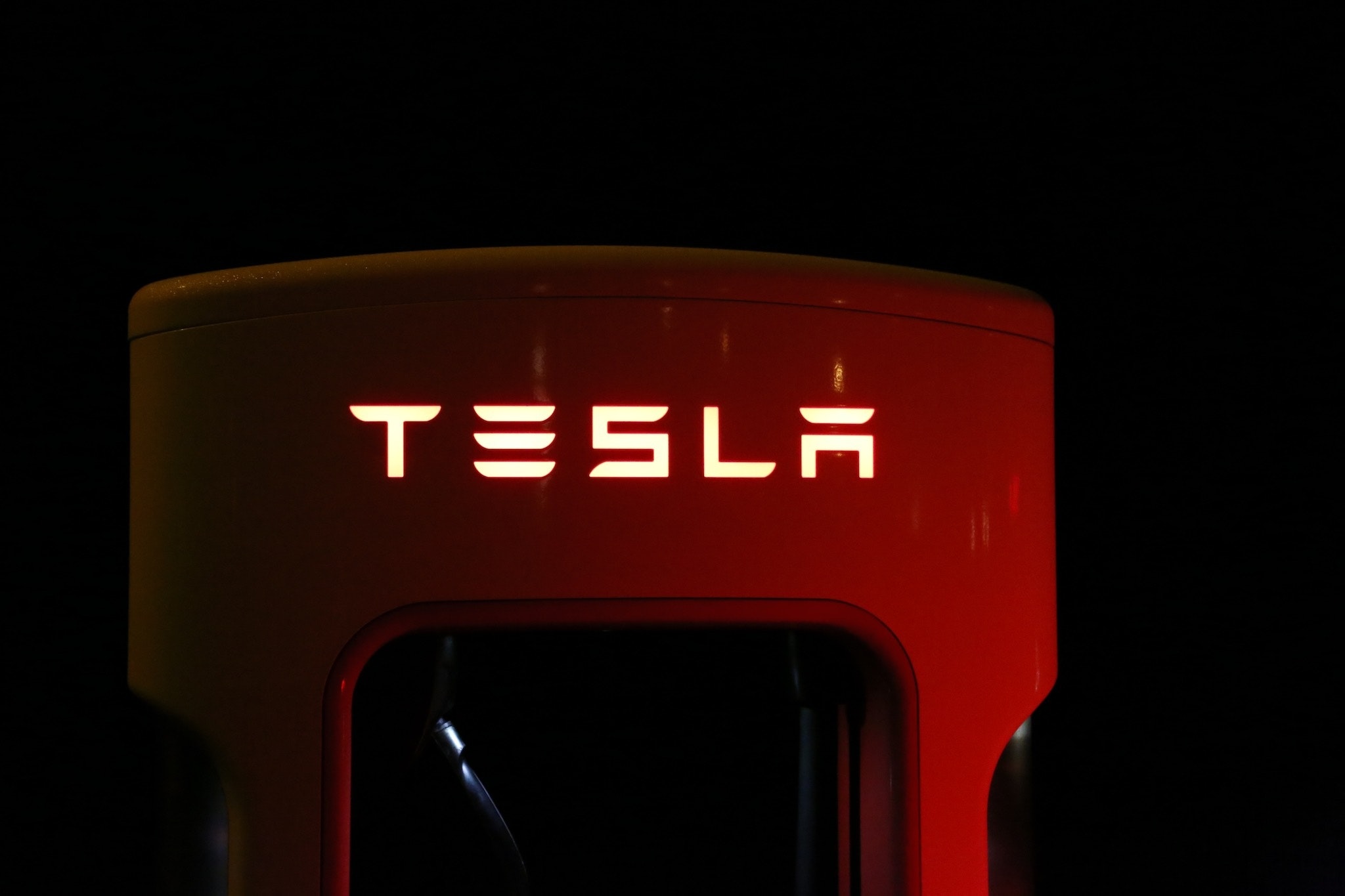The electric vehicle (EV) revolution is in full swing, and the last decade has seen remarkable advancements in electric car technology and adoption. As we look ahead to the next decade, it’s clear that electric cars will continue to play a pivotal role in the future of transportation. In this blog post, we will explore the exciting developments and trends expected in the world of electric cars over the next ten years.
Increased Range
One of the most significant challenges for EVs has been addressing range anxiety – the fear of running out of battery power before reaching your destination. In the next decade, we can expect substantial improvements in battery technology. This will lead to electric cars with significantly increased ranges, making long-distance travel more accessible and convenient.

Faster Charging
Charging infrastructure will continue to expand, and charging times will become even more rapid. Expect to see more ultra-fast charging stations that can deliver a substantial charge in a matter of minutes. This will make EVs even more practical for daily use and road trips.
Affordability
As technology advances and economies of scale kick in, the cost of producing electric cars will continue to decline. This will lead to more affordable electric vehicles, making them accessible to a broader range of consumers. Governments and incentives will play a role in driving down costs, too.
Variety and Choice
The next decade will see a proliferation of electric car models from various automakers. From compact city cars to luxury SUVs, there will be an electric vehicle to suit every need and budget. Electric trucks and vans are also expected to become more common, revolutionizing commercial transportation.
Autonomous Driving
Self-driving technology will become increasingly integrated into electric cars. While fully autonomous vehicles may not be ubiquitous in the next decade, we can expect more advanced driver-assistance systems, paving the way for safer and more convenient travel.
Environmental Benefits
As electric cars replace internal combustion engine vehicles, we will see a significant reduction in greenhouse gas emissions and air pollution. This will contribute to a cleaner and healthier environment, particularly in urban areas.
Battery Innovation
Battery technology will continue to evolve. Expect improvements in energy density, charging speed, and overall durability. Solid-state batteries may become more prevalent, offering greater energy storage capacity and enhanced safety.
Grid Integration
Electric cars will not only consume electricity but also serve as mobile energy storage units. This vehicle-to-grid (V2G) technology will allow electric cars to feed power back into the grid during peak demand, helping to balance energy supply and reduce costs.
Sustainability
The production of electric cars will become more sustainable, with automakers focusing on reducing the environmental impact of manufacturing and recycling batteries. Materials used in EVs, such as lithium and rare earth elements, will be sourced more responsibly.
Global Adoption
Electric cars will continue to gain popularity worldwide. Many countries are setting ambitious goals to phase out internal combustion engine vehicles, and automakers are expanding their electric car offerings to meet global demand.
Conclusion
The future of electric cars looks incredibly promising. With advancements in technology, infrastructure, affordability, and sustainability, electric vehicles are poised to dominate the automotive industry in the next decade. As consumers embrace cleaner, more efficient transportation options, electric cars will not only revolutionize the way we drive but also contribute significantly to a greener and more sustainable future. Whether you’re an early adopter or planning to make the switch in the coming years, the electric car landscape is evolving rapidly, offering exciting possibilities for drivers around the world.


